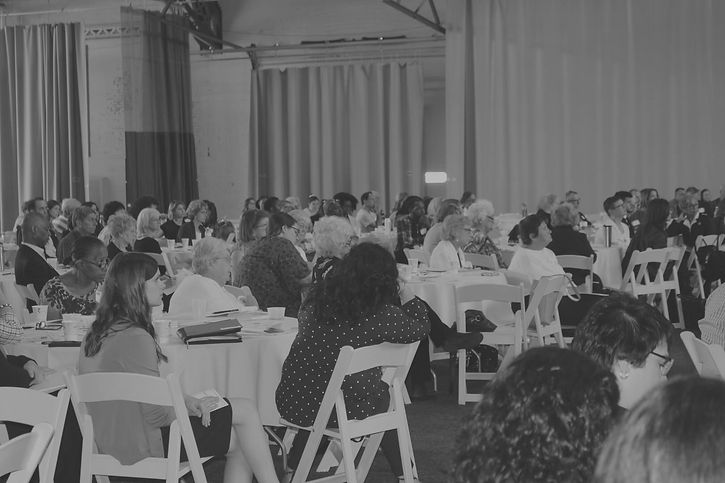

Wednesday, June 12th 2024
(130 New Scotland Ave, Albany, NY 12208) & Virtual
Maggie Cheney
Rock Steady Farm

Maggie Cheney grew up growing & loving food. They have been involved with food and farming throughout their whole life, both urban and rural. In 2015 they co-founded Rock Steady Farm, a queer owned and operated cooperative vegetable farm rooted in social justice, food access and QTBIPOC farmer training in Millerton, NY. Rock Steady has a 180 person CSA, half of which are lower income members made possible through their sliding scale, and $70,000 in wholesale for low-income community partners. Rock Steady also trains Black and brown LGBTQ+ beginning and aspiring farmers through virtual and weekend workshops, and an exciting program called POLLINATE! which is a two week paid educational farm immersion specifically for LGBTQ+ farmers, which includes participation in an extended training via the HIVE for alumni.
Prior to Rock Steady they moved to NYC in 2011, where they met many of the Rock Steady Community partners while working within a diversity of food justice and youth leadership programs, including The Bushwick Campus Farm, the NYC Youth Food Policy Council and Youth Food Justice Network. In addition they also started the North East Queer Farmer Network, which now has over 400 members. Maggie was also instrumental in the formation of the Food Sovereignty Fund, which funds food access projects across New York State by sourcing from specifically BIPOC and LGBTQIA+ farmers. In the off season they teach at Farm School NYC, an urban agriculture training program, as well as continue to support the efforts and inspiring work of Rise & Root Farm, which they co-founded in 2014.
Speaking In:
The Food Sovereignty Fund: investing in shared abundance
Originating in a year’s worth of community conversations and resource sharing, Glynwood’s Food Sovereignty Fund has been contracting small-scale farmers from historically marginalized backgrounds to supply fresh, nutrient-dense, culturally significant food to frontline food access programs since 2020. To date, more than 230,000 pounds of vegetables, fruits, dairy, meat, and poultry have been distributed, and in 2023 approximately 15,000 households received food through the program. In 2024, the Food Sovereignty Fund will support and facilitate partnerships between approximately forty farms and food access programs. Critical elements of the program that will be discussed are the process for contracting farms and reporting deliveries, building and operating refrigerated “mini-hubs” for aggregation and distribution of food, and implementing language justice practices with the program cohort. This panel features the experts on the ground (farmers, organizers, food pantry managers) who designed and implement this program. It will also preview the forthcoming Food Sovereignty Fund toolkit that summarizes challenges, lessons learned, and suggested best practices for others to adopt and replicate this program in their communities.
2:00 p.m.
Armory Main Stage
QT*BIPOC-led Food Supply Chains: Disrupting Racism in NYS Food Systems
In recent years, it has become clear that systematic racism has a negative impact on New York’s agriculture and food systems. In New York, nearly 97.7% of producers reporting full ownership of farm operations identify as white. As a result, of New York’s 57,865 farmers, only 1.2% are Queer and Trans and Black, Indigenous and other farmers of color (QT*BIPOC). White farmers are also the only demographic group with an average size, net cash farm income, and farm-related income higher than the state average of $42,875, according to the 2017 Census of Agriculture. Additionally, diet-related diseases are the leading cause of death in Black, Indigenous, and other communities of color in NY in the last two decades. Thus, a disconnect between culturally appropriate food produced by the farmers with the ancestral knowledge of those crops and its accessibility, both physically and economically, has decreased food and nutrition security, rural economic development, and environmental sustainability. In this panel, we will learn more about the collaborative approaches and partnerships developed by emergents QT*BIPOC-led food supply chains grounded in solidarity economy and food sovereignty.
3:00 p.m.
Froman 101

Wednesday, June 12th 2024
(130 New Scotland Ave, Albany, NY 12208) & Virtual













